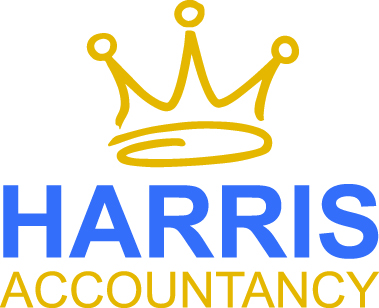What is a Trust?
A trust is a legally binding arrangement where the trustees control money or assets which they must use for the benefit of the beneficiaries.
Settlors, Trustees and Beneficiaries:
Settlor: The person(s) putting the assets into the trust
Trustee: The person(s) responsible for managing the trust
Beneficiaries: The person(s) who benefits from the trust
Uses of Trusts:
Trusts can be set up for the following reasons:
- To protect and control the family assets
- To pass on assets whilst you are still alive
- To pass on assets once the settlor passes away
- When someone is too young to look after their affairs
- When someone is incapacitated to look after their affairs
- Under the rules of Inheritance tax when one dies without a will (England and Wales)
Types of Trusts:
- Bare Trust – The simplest type of trust where all assets are given to a beneficiary as long as they are 18 years or over (in England and Wales). The assets are held in the name of a trustee(s) however, the beneficiary has the right to all of the capital and income of the trust at any time if they’re 18 or over (in England and Wales).
- Interest-In-Possession Trust – These entitle the beneficiary to all income derived from the trust less any expenses. The beneficiary has to pay income tax on the money they receive.
- Discretionary Trusts – The trustees have absolute control over the assets and income generated from the trust and can decide how and when to give them to the beneficiaries. These are most often used by people who want to transfer assets to their grandchildren, making the grandchildren’s parents trustees.
- Vulnerable person Trusts – These can be any of the three trusts above but the beneficiary is a vulnerable person i.e someone who is under 18 years old and his/her parents have died or a person who is mentally or physically disabled.
Trusts and Taxes
As with all type of incomes, the income derived from a trust is subject to Income tax, Capital gains tax and Inheritance tax.
Income Tax:
The rates of taxes differ according to the type of trust that has been set up but can typically vary between 7.5% to 45% of income.
Capital Gains Tax:
This is a tax on the profit when an asset that’s increased in value is taken out of or put into a trust. The tax is payable if the profit is above the annual exemption amount.
Inheritance Tax:
Inheritance Tax may have to be paid on a person’s estate (their money and possessions) when they die. Inheritance tax is due at 40% on anything above the threshold. This can even apply if a settlor transfers assets into a trust.
Contact:
If you require help with setting up a trust or for more information, please do not hesitate to contact us on 0121 455 8055 or [email protected]


